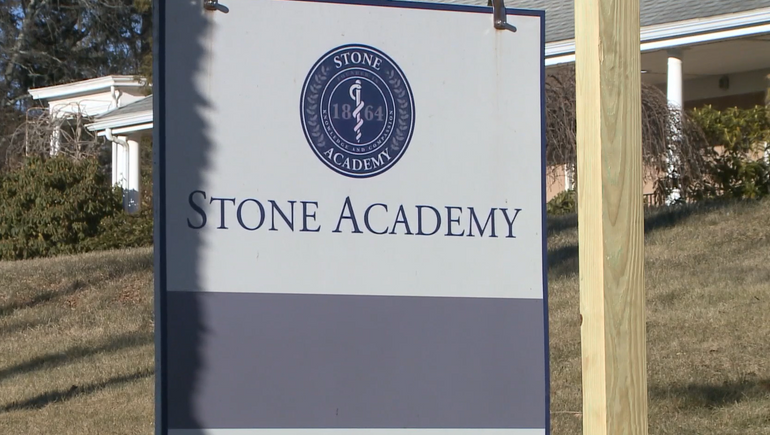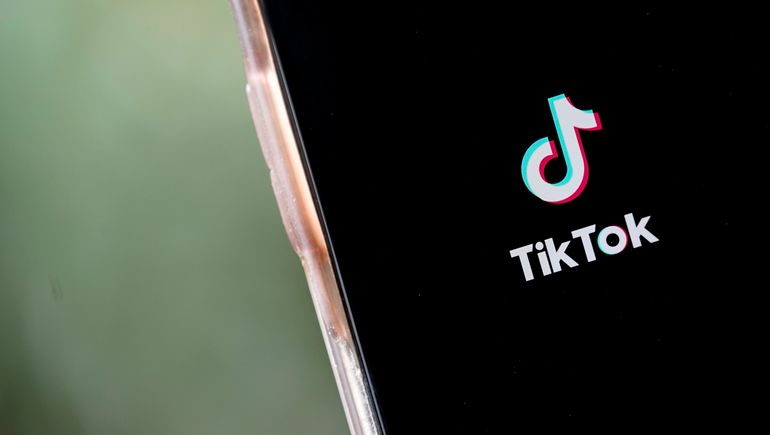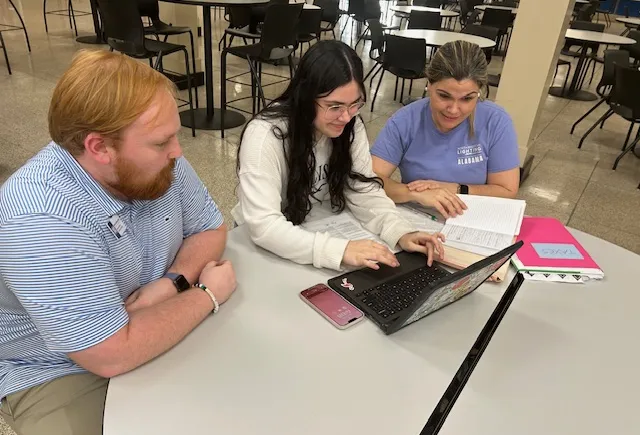[ad_1]
A firm grasp on tech skills has been key to the success of recent college graduates across industries since the 2010s. Understandably, artificial intelligence, particularly generative AI, is at the forefront of modern-day learning and development conversations.
But for incoming workers, including the class of 2024, L&D may be more than a way to brush up “hard” skills. Employer-offered L&D can lay the foundation for workplace skills overall.
A report from digital education platform edX suggested that 80% of workers see employers as post-secondary learning institutions. Looking at additional data, a picture of the current L&D begins to appear: Higher education administrators and educators fill in the gaps left by generational differences, and employers have the opportunity to build on that foundation.
Beyond AI upskilling, professionalism and etiquette continue to be hot topics in the skills arena for young professionals, Christine Cruzvergara, chief education strategy officer for early talent platform Handshake, told HR Dive. Something she has heard continually from higher ed clients is that students are increasingly entering college never having had a part-time job.
“They didn’t work at a restaurant. They didn’t work at the movie theaters. They didn’t work at the local bagel place. So their very first job … is typically an on-campus employment,” Cruzvergara explained. “They’re working in the dining hall, they’re working in the library, they’re working at the recreation center — whatever the case may be.”
In particular, Cruzvergara said no-shows and lack of communication regarding sick days are a pervasive issue. In essence, it’s the notion of etiquette that’s at risk — but not “etiquette” in a “stodgy” way, she added. Time management, organization skills and communication need “to be taught, from an upskilling and professional development standpoint,” she said.
How HR can meet both worker and employer needs
Regarding generational and therefore circumstantial differences in the workplace, Cruzvergara summed up her best practices succinctly: “Clear is kind.”
Less brief: Ensure that expectations are clearly and directly communicated. (Data confirms that Gen Z workers are stressed about expectations at work.)
For example, if a worker calls out with short notice, a way to respond with compassion is to say something like, “I get that life sometimes gets in the way and there are situations or moments where sometimes you do need to take a personal day. But the expectation is that you’ve either planned for it, you’ve gotten coverage or you’ve communicated with somebody else. You’re not leaving things hanging for other people.”
Emphasizing the importance of consideration — and the workplace as a type of community — is helpful. Regarding the example of calling out sick, HR or managers can reiterate to a worker that calling is okay to do occasionally, but defining “occasionally” is critical. “What does ‘every now and then’ look like? It’s not once a week,” Cruzvergara said.
Having these conversations upfront is key, she added; this can even include the interview process. “I don’t think it’s ever too early.”
It’s part and parcel, Cruzvergara implied, of employers now “being essentially the next post-secondary college.” Employers are needing to “have some of these types of conversations, where in the past, students would have already had some work experience,” she said.
The business case for etiquette training
The offer of L&D can be a retention tool, studies have shown; it can also be used to attract talent, too, Cruzvergara said.
Almost 50% of upcoming college graduates say they are more likely to apply for a job with access to employer-provided professional development and upskilling resources, she noted, pointing to data shared by Handshake researchers in the class of 2024 report.
A desire for L&D opportunities is common among Gen Zers in particular, she added, “because they recognize that their skills are going to need to be refreshed so much faster than in the past.”
[ad_2]
Source link









